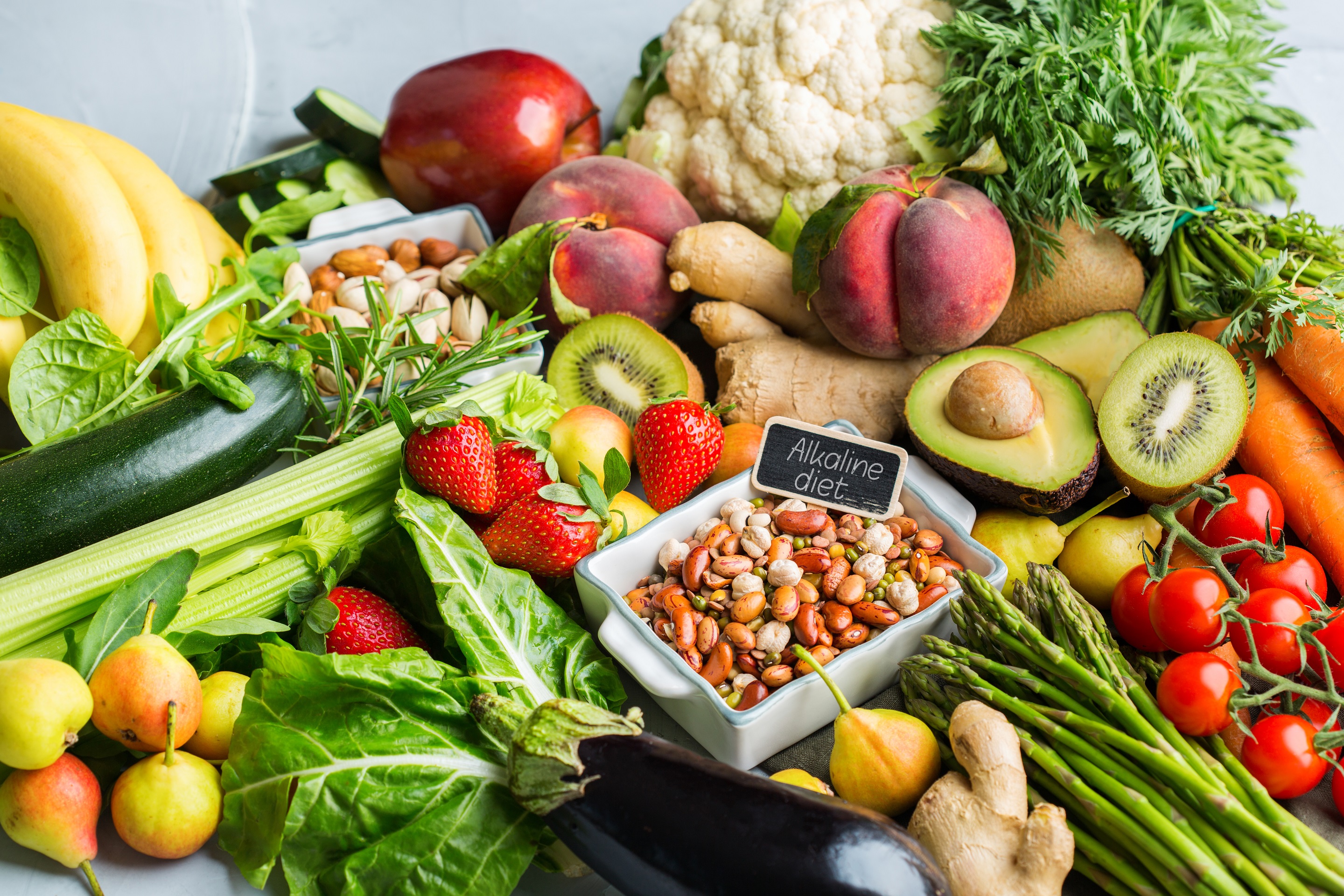Maintaining a healthy diet plan is an essential section of living a wholesome lifestyle. With Eating Tips and diet programs available, it could be overwhelming to know the place to start. In the following paragraphs, we'll share some tips on how to eat healthy and keep maintaining a balanced diet.
Focus on Whole Foods
The first step to eating healthy is to focus on whole foods. Whole foods are unprocessed and unrefined foods which are as close to their natural state as possible. This means eating fruits, vegetables, wholegrains, lean proteins, and healthy fats. These foods provide the essential nutrients your body needs to function properly.
Portion Control
Portion control is essential in terms of maintaining a healthy diet. Even though you're eating healthy foods, overeating can cause weight gain along with other health issues. Using smaller plates and measuring your food will help you manage your portion sizes.
Drink Plenty of Water

Staying hydrated is vital for overall health, and it's really especially important in terms of maintaining a healthy diet. Drinking a lot of water will let you feel full and reduce your appetite. Additionally, it may help flush toxins from your body and keep your skin looking healthy.
Plan Your Meals
Meal planning is an excellent way to stay on track with your healthy eating goals. It can benefit you avoid unhealthy food choices and ensure you have nutritious meals readily available when you need them. When planning your meals, aim to add a variety of different foods from each food group.
Avoid Processed Foods
Processed foods are often saturated in calories, sugar, and unhealthy fats. In addition they tend to be lower in nutrients. Avoiding processed Eating Tips and eating whole foods instead will help you maintain a healthy diet and reduce your threat of chronic diseases.
Eat More Fruits and Vegetables
Fruit and veggies are packed with nutrients, fiber, and antioxidants. They can help you feel full and satisfied while providing essential nutrients for your body. Aim to include http://billcrown48.jigsy.com/entries/general/Eating-Tips-Learning-to-make-the-Most-of-ones-Meals of different vegetables and fruit in your diet to ensure that you're getting all the essential nutrients your system needs.
Choose Lean Proteins
Protein is essential for building and repairing muscle tissue, and it's also a significant nutrient for general health. When choosing proteins, opt for lean sources such as chicken, fish, beans, and legumes. These sources of protein are lower in saturated fat and cholesterol, making them a healthier option.
Don't Skip Meals
Skipping meals can lead to overeating later in the day and can also cause your metabolism to decelerate. Eating small, frequent meals throughout the day can help keep your metabolism revved up and can also help you avoid overeating.
Keep an eye on Your Snacks
Snacks can be quite a smart way to fuel your system between meals, but it's essential to be mindful of your choices. Avoid high-calorie, low-nutrient snacks like chips and candy and opt for healthy snacks like fruit, nuts, and veggies.
Practice Mindful Eating
Mindful eating involves paying attention to the food you're eating and being within the moment. It can benefit you listen in to your hunger and fullness cues, that may help you avoid overeating. It can also help you enjoy your meal more and appreciate the flavors and textures.
In conclusion, maintaining a healthy diet is essential for general health and wellbeing. By concentrating on whole foods, portion control, and meal planning, it is possible to ensure that you're getting all the essential nutrients your body needs. By incorporating these pointers into your daily routine, you possibly can make healthy eating a lifelong habit.
